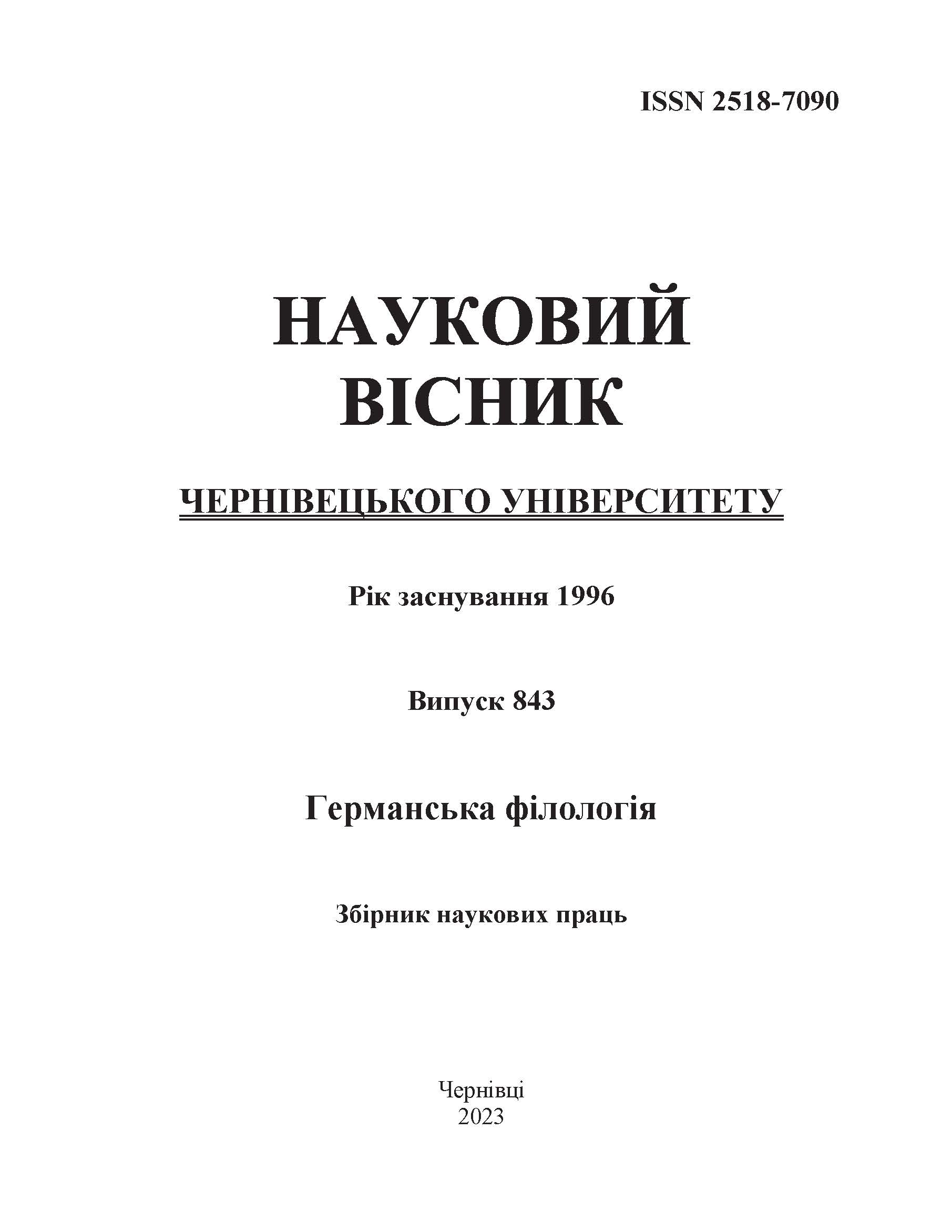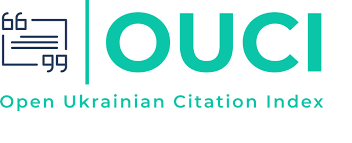МЕТОДИЧНІ АСПЕКТИ ВИКОРИСТАННЯ СУЧАСНИХ ТЕХНОЛОГІЙ ДЛЯ РОЗВИТКУ АКТИВНОГО ТА ПАСИВНОГО СЛОВНИКА СТУДЕНТІВ МОВНИХ ФАКУЛЬТЕТІВ ЗВО
DOI:
https://doi.org/10.31861/gph2023.843.153-160Ключові слова:
словниковий запас, студенти мовних факультетів ЗВО, електронні ресурси, мобільні додатки, онлайн-ресурси, методи розвитку словникового запасуАнотація
В сучасному світі, де технології постійно розвиваються, використання електронних ресурсів стає все більш популярним в різних галузях, включаючи освіту. У статті досліджуються можливості використання сучасних технологій у навчанні студентів мовних факультетів ЗВО та їх вплив на розвиток активного та пасивного словникового запасу. Дослідження вказує на те, що використання електронних словників, онлайн-ресурсів, веб-сайтів та мобільних додатків для розвитку словникового запасу студентів позитивно впливає на якість навчання та збільшує словниковий запас. Зокрема, мобільні додатки та онлайн-ресурси зі словниками є дуже корисними для розвитку активного та пасивного словникового запасу. Такі засоби навчання дають можливість студентам вчитися в будь-який зручний для них час та місці, що забезпечує гнучкість та ефективність навчання. Проте, використання електронних ресурсів для розвитку словникового запасу потребує індивідуального підходу до кожного студента. Врахування індивідуальних особливостей студентів під час вибору методів та засобів розвитку словникового запасу є дуже важливим, оскільки кожен студент має свої власні потреби та особливості в навчанні. Висновки дослідження підтверджують, що використання сучасних технологій дозволяє ефективно покращувати словниковий запас студентів мовних факультетів ЗВО та забезпечувати їх якісну підготовку до мовленнєвої практики. Крім того, стаття вказує на те, що ефективність використання електронних ресурсів залежить від їх якості та доступності для студентів. Тому важливо враховувати не тільки індивідуальні особливості студентів, але й можливості та обмеження використання електронних засобів у конкретному закладі освіти. Однією з головних переваг використання електронних ресурсів для розвитку словникового запасу є їх доступність та зручність використання. Наприклад, мобільні додатки можуть бути використані студентами у будь-який час та в будь-якому місці, що забезпечує максимальну ефективність навчання. Крім того, онлайн-ресурси та веб-сайти з словниками надають студентам можливість швидко та легко знайти необхідні слова та фрази та перевірити їх значення та вживання. Однак, використання електронних ресурсів не може повністю замінити традиційні способи розвитку словникового запасу, такі як читання книг, статей та інших текстів, а також заняття з викладачем.







